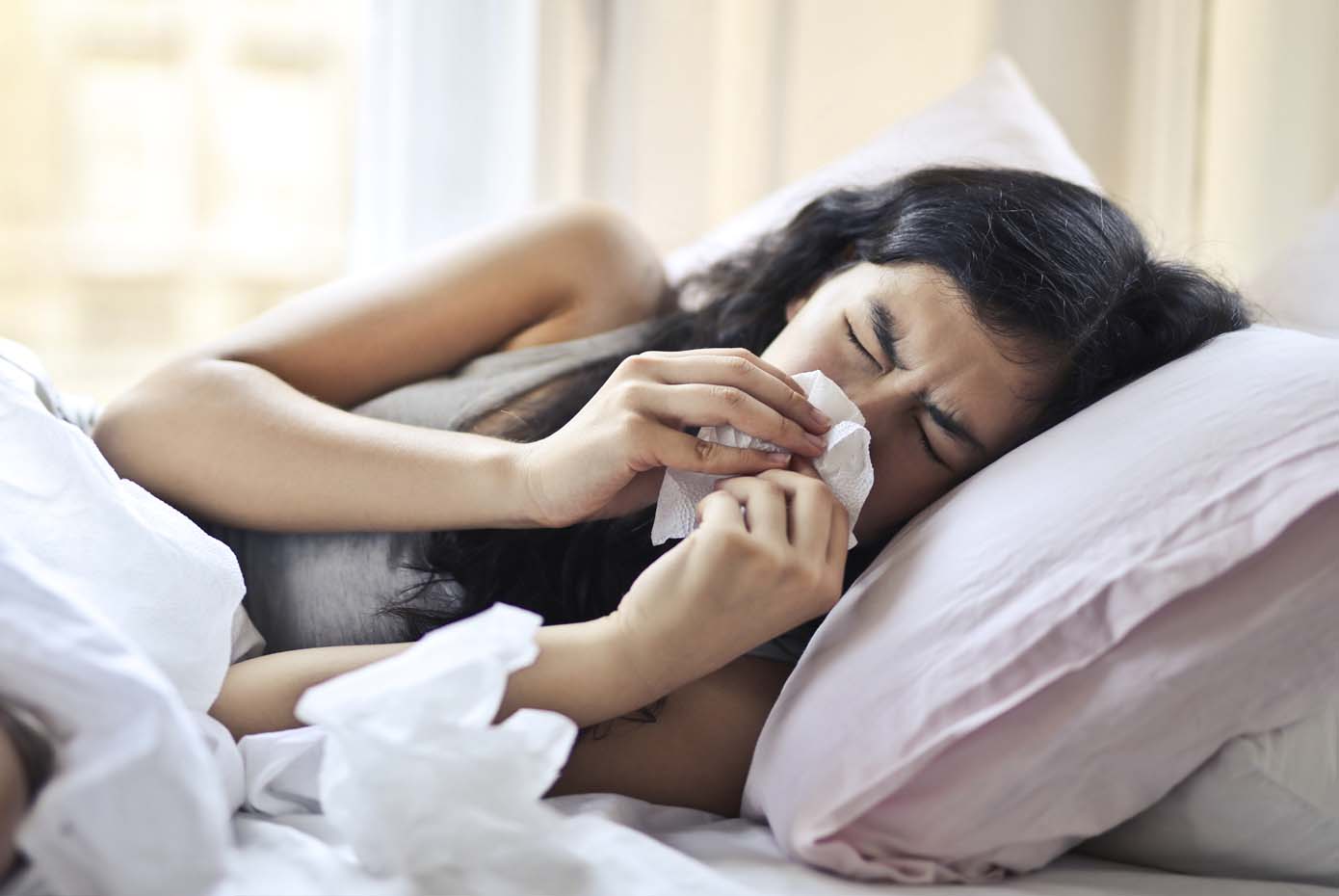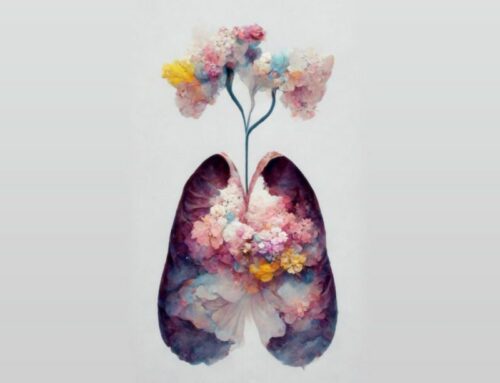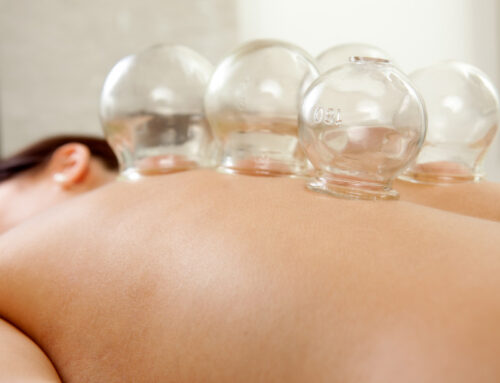Allergic Rhinitis and Acupuncture
How acupuncture can help relieve hay fever symptoms
If Spring brings you a runny, itchy nose, sneezing and itchy, watery eyes, you are most likely suffering from seasonal Allergic Rhinitis – commonly known as Hay Fever. For many, this time of year can be very frustrating as they try to cope with these annoying symptoms, but hope could be on hand. Studies have found acupuncture to be an effective treatment for Allergic Rhinitis.
Allergic Rhinitis is an inflammation of the sinus caused by the nose and/or eyes coming into contact with environmental allergens such as pollens, dust mites, moulds and animal dander.
Seasonal Allergic Rhinitis is caused by the presence of pollens at certain times of the year, whereas persistent Allergic Rhinitis is usually triggered by such things as animal hair and dust mites which can be present year-round.
Signs or symptoms of Allergic Rhinitis
- Runny nose
- Itchy nose
- Sneezing
- Itchy, watery eyes.
- Congested nose
- Snoring
Some of these symptoms are similar to those caused by infection (such as colds and flu). However, unlike a cold or flu which passes, Allergic Rhinitis persists for as long as the allergens remain in the environment and the ongoing symptoms can lead to significant negative impacts on quality of life and work performance.
Complications of allergic rhinitis may include:
- Sleep disturbance.
- Daytime tiredness.
- Poor concentration.
- Recurrent ear infections in children.
- Recurrent sinus infections in adults.
- Difficulty controlling pre-existing Asthma.
Allergic Rhinitis sufferers also frequently suffer from other conditions such as asthma and skin rashes due to the close relationship between the nose, the lungs and the skin – a relationship that Traditional Chinese Medicine has recognised for centuries. This connection is also consistent with a biomedical perspective since all three are lined with some form of epithelial tissue.
The Acupuncture Evidence Project of 2017 found symptoms showing the greatest improvement following acupuncture included sneezing, itchy nose, itchy eyes, runny nose, blocked nose and interrupted sleep. Symptoms continued to improve after treatment for up to 3 months. Studies which measured immune system changes also reported significant reductions in inflammatory mediators.
Biological mechanisms of acupuncture for Allergic Rhinitis
Acupuncture reduces the symptoms of allergic rhinitis and improves people’s tolerance to would-be allergens through a number of mechanisms. For more details of how it works and the biological mechanisms of acupuncture for allergic rhinitis, the full story is here:
https://www.evidencebasedacupuncture.org/acupuncture-allergic-rhinitis/
Acupuncture has been recommended in the allergic rhinitis clinical practice guideline of the Otolaryngology Head Neck Surgery Foundation in the US as a treatment option for those who prefer a non-pharmacological treatment.
Studies
Feng S, Han M, Fan Y, Yang G, Liao Z, Liao W, Li H. Acupuncture for the treatment of allergic rhinitis: a systematic review and meta-analysis. Am J Rhinol Allergy. 2015 Jan-Feb;29(1):57-62. doi: 10.2500/ajra.2015.29.4116. PMID: 25590322. https://pubmed.ncbi.nlm.nih.gov/25590322/
Taw MB, Reddy WD, Omole FS, Seidman MD. Acupuncture and allergic rhinitis. Curr Opin Otolaryngol Head Neck Surg. 2015 Jun;23(3):216-20. doi: 10.1097/MOO.0000000000000161. PMID: 25943957. https://pubmed.ncbi.nlm.nih.gov/25943957/
Seidman MD, Gurgel RK, Lin SY, Schwartz SR, Baroody FM, Bonner JR, et al. Clinical practice guideline: Allergic rhinitis. Otolaryngol Head Neck Surg. 2015 Feb;152(1 Suppl):S1-43 https://pubmed.ncbi.nlm.nih.gov/25644617/
McDonald J, Janz S. The Acupuncture Evidence Project: A Comparative Literature Review (Revised Edition). Brisbane: Australian Acupuncture and Chinese Medicine Association Ltd; 2017. http://www.acupuncture.org.au/







Leave a Reply